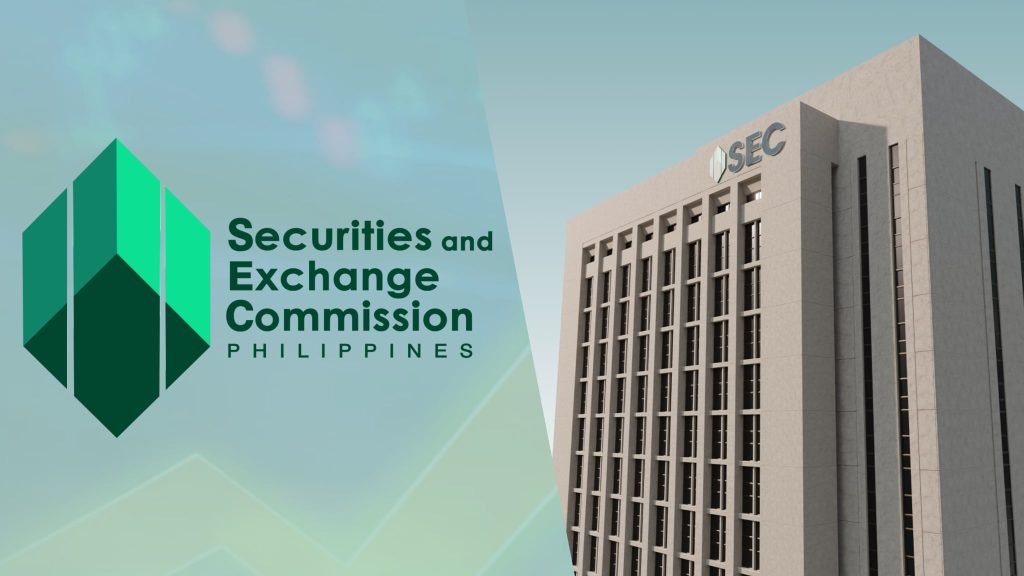
TARLAC CITY – The Securities and Exchange Commission (SEC) Tarlac Extension Office (TAREO) is issuing a strong warning to residents of Central Luzon against the unauthorized sharing, lending, or renting of personal financial accounts such as bank accounts, e-wallets, remittance channels, and other financial accounts.
In a recent advisory, the SEC emphasized that individuals, whether acting with awareness or without full understanding, may become conduits for illegal financial activities by allowing their financial accounts to be used by third parties.
This practice is strictly prohibited under Republic Act No. 12010, also known as the Anti-Financial Account Scamming Act (AFASA), which was enacted in July 2024.
SEC-TAREO Director Richard Laus explained that these individuals, referred to as “money mules,” are used by criminal syndicates to receive, move, and withdraw proceeds from various fraudulent schemes, including advance fee loan scams, Ponzi schemes, money laundering activities, and other unauthorized investment solicitation operations.
“The SEC is reminding everyone—whether you’re a student, a small business owner, or a regular e-wallet user—that allowing someone else to use your financial account, even once, can make you an accomplice to crime,” he said.
Laus also urged the public to be cautious of any request to use their financial accounts.
“Don’t be deceived by easy money. If someone asks to use your bank or e-wallet account for transactions you do not understand or control, that’s a red flag. Be vigilant. Be informed. Be responsible,” he added.
Under AFASA, individuals proven to have acted as money mules may be held criminally and civilly liable, facing up to 14 years of imprisonment and a fine of up to five million pesos.
The law targets the enablers of digital and financial fraud, holding accountable anyone who facilitates the laundering of illegally obtained funds.
The SEC stressed that ignorance of the law does not exempt one from liability.
Even if a person is unaware of the criminal source of the funds, the mere act of allowing an account to be used for suspicious transactions can be penalized under AFASA.
The Commission encourages the public to report suspicious activities or scams involving financial accounts to the SEC Enforcement and Investor Protection Department via email at [email protected].
To help the public avoid falling for fraudulent investment offers, the SEC recommends downloading the SEC Check App, available for free on both Google Play and the iOS App Store.
This mobile app allows users to verify whether a company or investment opportunity is registered and authorized to solicit investments.
For more information, updates, and educational content on protecting oneself from financial fraud, visit the SEC’s official website at www.sec.gov.ph and follow its official social media accounts at linktr.ee/secphilippines. (CLJD/MAECR, PIA Region 3-Tarlac)




